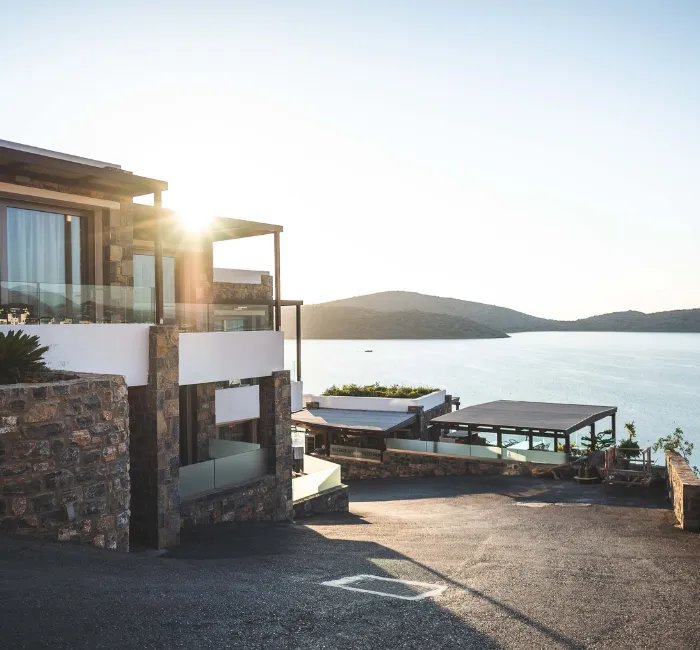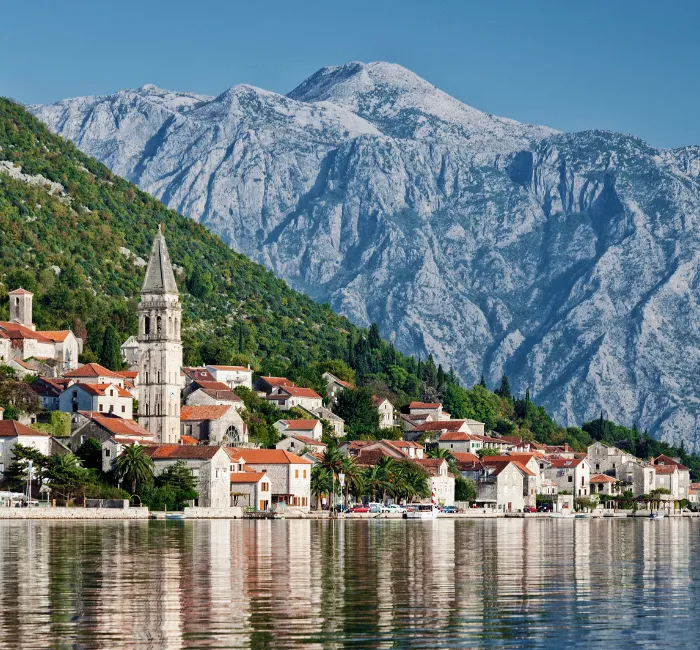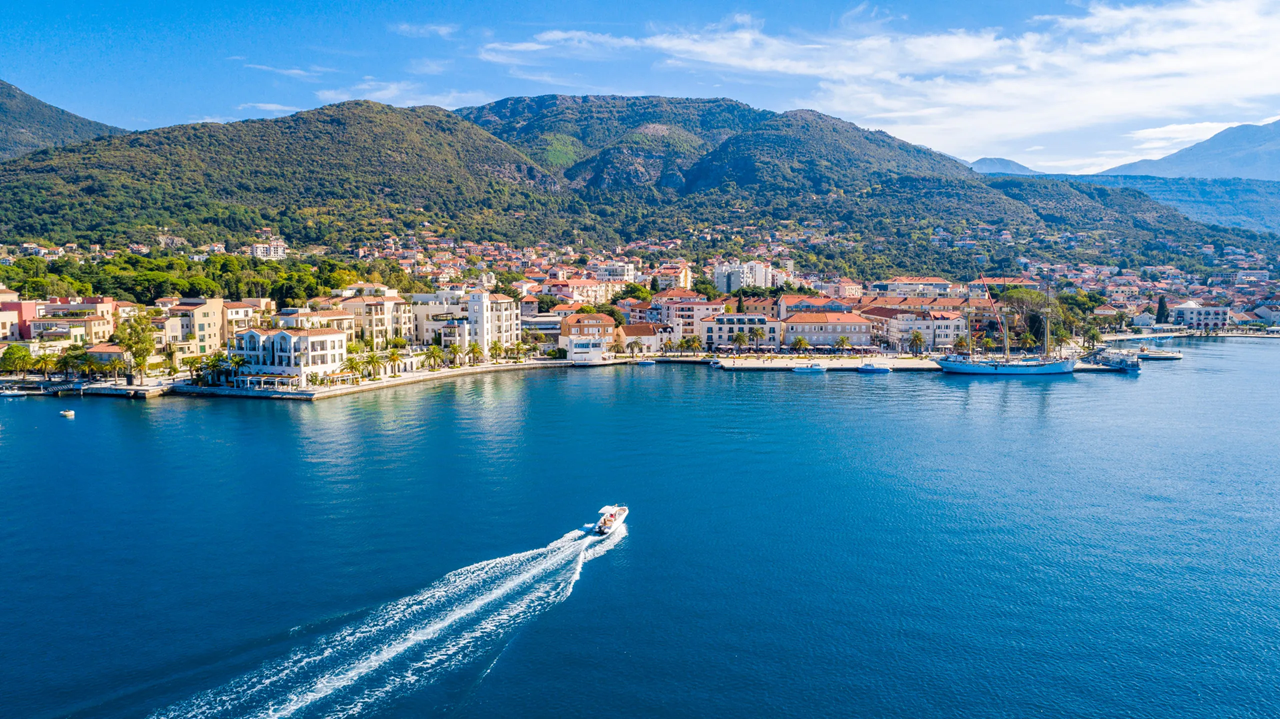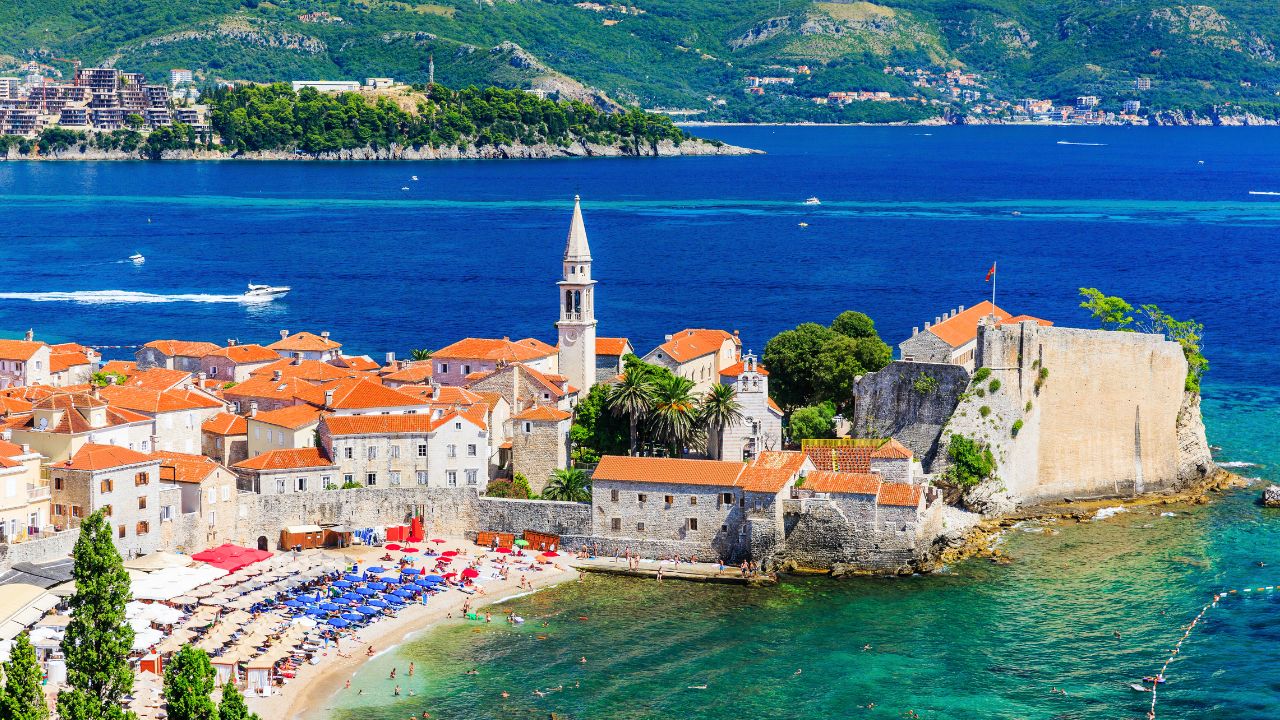Thinking about putting your money into property but not sure where to begin? Many people see real estate as a solid investment but hesitate due to lack of local knowledge or fear of making a costly mistake.
The truth is, without clear information, it's easy to choose the wrong location, overpay, or underestimate the risks. Montenegro is attracting more attention from investors, but not all properties offer the same potential.
This guide explains how to evaluate real estate investment properties in Montenegro. Whether you're a first-time investor or planning to grow your portfolio, you'll find practical insights that help you make better decisions.
Let’s break down what makes a smart investment and how to spot the right opportunities.
What Is a Real Estate Investment Property?

A real estate investment property is any residential or commercial building purchased to earn income, not for personal use. That income can come from:
Short-term vacation rentals
Long-term residential leases
Commercial tenants
Future resale at a higher price
The goal is either cash flow, capital appreciation—or both.
What Makes a Property a Good Investment?
The best real estate investment properties typically share some key traits:
Located in areas with steady demand
Offer strong rental income potential
Have clear ownership documents
Require minimal renovation or are newly built
Are priced fairly compared to similar properties
In Montenegro, this might mean a furnished apartment in a coastal town, a villa near tourist areas, or land close to growing neighborhoods.
What matters most is matching the property type to your investment goal—whether it’s monthly cash flow or holding for long-term value.
Things New Real Estate Investors Should Know
If you're just starting out, it's worth taking a cautious, informed approach:
Legal due diligence is essential: Work with a local lawyer to check ownership records, title deeds, and zoning restrictions.
Factor in the full cost: Beyond the purchase price, include taxes, notary fees, repairs, and ongoing maintenance.
Short-term rentals require effort: Expect seasonal ups and downs, guest turnover, and management tasks.
Long-term tenants bring stability: This route often comes with lower hassle but slower returns.
For new real estate investors, beginning with a single unit in a well-understood area is often the smartest way forward.
Is Montenegro Safe for Investment?

Yes, Montenegro is considered safe for property investment, especially in real estate. Here’s why:
Foreigners can fully own property (except certain land types).
The country uses the euro, which minimizes currency risks.
Tourism is growing steadily—over 2.6 million visits in 2023 (Monstat).
Ongoing infrastructure development (highways, marinas, airports) is pushing property values up in key areas.
Add to that the country’s progress toward EU membership, and you have a stable setting for long-term property growth.
How to Build a Property Shortlist That Actually Pays Off
Creating a focused real estate investment properties list saves time and keeps you grounded when viewing options. Some practical filters to apply:
Location – city center, tourist zones, or residential suburbs?
Rental appeal – Is there a consistent demand for stays or leases?
Legal status – Is the title clean and properly registered?
Condition – Move-in ready or a fixer-upper?
Access – Is the property close to transport, shops, or beaches?
This helps you filter out distractions and focus only on properties that fit your plan.
Best Cities to Buy Rental Property (Locally)
If rental income is your goal, some cities offer better returns due to year-round demand or seasonal tourism. Based on current interest and growth, here are the best cities to buy rental property in the country:
Budva – Popular for holiday rentals with high occupancy in summer.
Kotor – Historic charm, UNESCO status, and strong short-stay demand.
Tivat – Home to Porto Montenegro and a growing foreign community.
Podgorica – Capital city with steady demand for long-term leases.
Herceg Novi – Affordable waterfront properties with rental upside.
These areas vary in style, pricing, and tenant types—so visit in person and research carefully.
What to Consider Before Purchasing an Investment Property

Before signing anything, take these steps to protect your investment:
Verify ownership and permits through the Real Estate Cadastre.
Inspect the structure for water damage, outdated wiring, or repairs.
Evaluate the surroundings: construction nearby, street access, noise.
Get renovation estimates from a local contractor if needed.
Understand the neighborhood: Who rents there, and why?
Purchasing an investment property is about more than price—it’s about performance, predictability, and legal certainty.
What Happens After the Property Is Acquired?
Once a real estate investments property is acquired, managing it correctly can determine long-term success. Some tasks to focus on:
Set up utility accounts and insurance.
Hire a property manager if you live abroad.
List the property for rent—short-term or long-term depending on area.
Keep detailed income and expense records.
Review local tax obligations.
This helps track performance and identify when it’s time to raise rent, refinance, or sell.
Why Properties in Montenegro Appeal to Long-Term Investors
Here’s why properties in Montenegro continue to attract foreign and regional buyers:
Competitive pricing for waterfront and city-center units
Solid demand from tourists and seasonal workers
EU-aligned legal protections for foreign owners
Easy resale to other investors or expats
Property tax and income tax rates remain modest
For long-term real estate strategies, this market offers both affordability and flexibility. And as infrastructure and tourism expand, so do the opportunities.
Final Thoughts
There’s no single formula for success, but doing your homework makes a big difference.
Start with a clear budget, a defined goal, and an understanding of the local market. Whether you're looking to rent out a beachside apartment or develop a commercial space, the best results come from choosing wisely—not quickly.
Take your time, explore different areas, talk to professionals, and compare listings. Investing in real estate should feel like a well-researched decision, not a lucky guess.























.webp)

.webp)
.webp)

.webp)

.webp)
.webp)
.webp)

.webp)
.webp)
.webp)
.webp)

.webp)
.webp)
.webp)
.webp)
.webp)
.webp)
.webp)





.webp)

.webp)



















.avif)